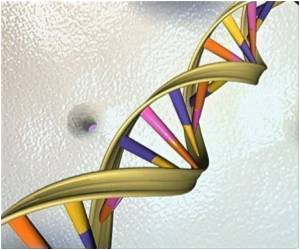
In the proteomics analysis, 43 protein spots were significantly changed due to HMBA treatment. Fifteen proteins were identified in the HMBA-induced differentiation of gastric tumor cells. Eight proteins spots were down-regulated while seven were up-regulated. Among these proteins, prohibitin, nucleophosmin and hnRNP A2/B1 were significantly decreased in HMBA-treated human gastric cancer cells, and their locations in nuclear matrix were altered by HMBA. The results proved the alteration of specific nuclear matrix proteins during the differentiation of human gastric cancer cells. And the aberrant expressions of nuclear matrix proteins were of significance in revealing the regulatory mechanism of tumor cell proliferation and differentiation.
The differentially expressed nuclear matrix proteins might be intracellular target proteins of HMBA and the tumor markers for gastric cancer. Continued investigation on specific nuclear matrix proteins will contribute to better understanding the regulatory mechanisms of nuclear matrix proteins in gastric carcinogenesis and reversal.
Source-Eurekalert
TAN












